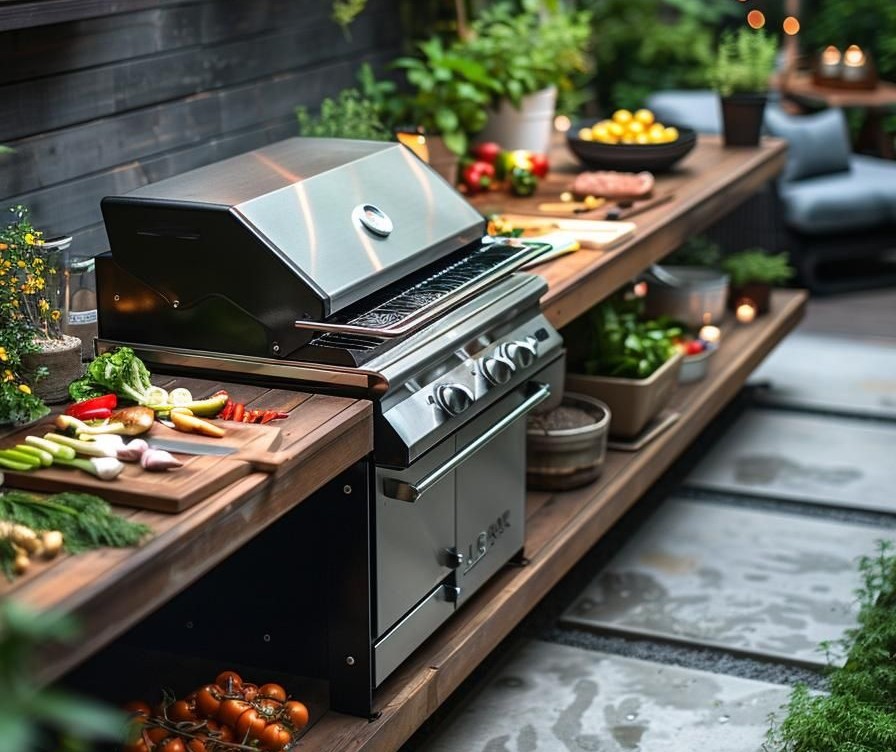
Starting with a new grill can feel exciting but also overwhelming. Many new grill owners skip key steps and end up with ruined food or damaged equipment.
Before you light your grill, clean the grates, check safety steps, and season the surfaces. These five key steps help you avoid rust, flare-ups, and unwanted chemical residue.
A new grill may look clean, but hidden debris and factory coatings can ruin your first cookout. Take a few minutes now to follow these steps and grill with confidence.
What do I need before grilling?
Grilling seems simple, but many forget the basics. That’s when things go wrong. Before you even think of turning a knob or striking a match, gather what you need.
A new grill needs cleaning tools, heat-resistant gloves, cooking oil, and safety gear to run safely and cleanly from the first use.
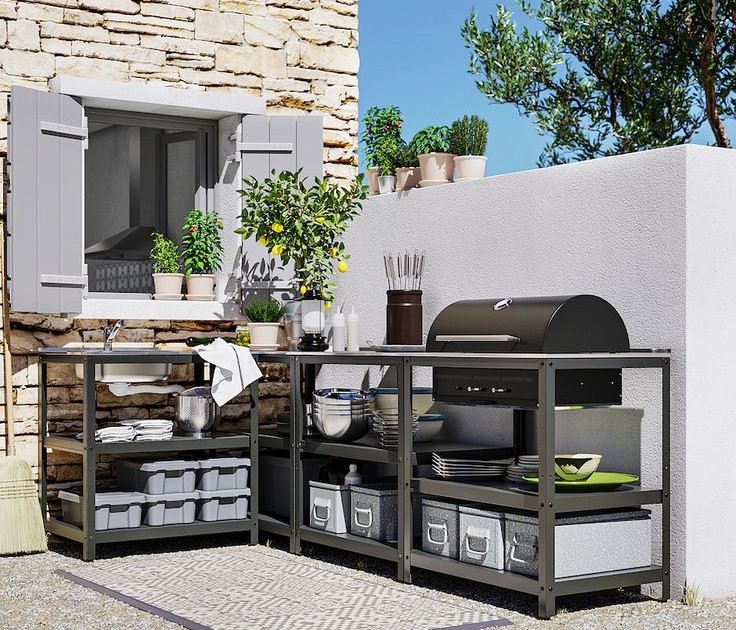
Your prep list should include the following:
| Item | Purpose |
|---|---|
| Grill brush or brick | Removes food, debris, and residue |
| Bucket with soapy water | Cleans grates pre-use |
| Cooking oil (canola or vegetable) | Used to season grates |
| Tongs and gloves | Prevent burns and injuries |
| Fire extinguisher | Safety backup in case of flare-ups |
Start with checking the grill’s manual. It tells you what tools are recommended and what parts need care. Then wash and scrub the grates with mild dish soap. Avoid strong cleaners—they can leave chemicals behind.
Don’t forget to dry everything with a soft towel. Wet grates cause rust fast. You should also plan where the grill will sit. It must be on level ground, away from flammable objects, and with enough air space.
How do I clean grill grates?
Many skip this, thinking the grates look fine. But those smooth bars could be coated with wax, oil, or factory chemicals.
Cleaning grill grates removes harmful residue and gives food a clean surface to cook on. Skipping this can ruin taste and harm your health.
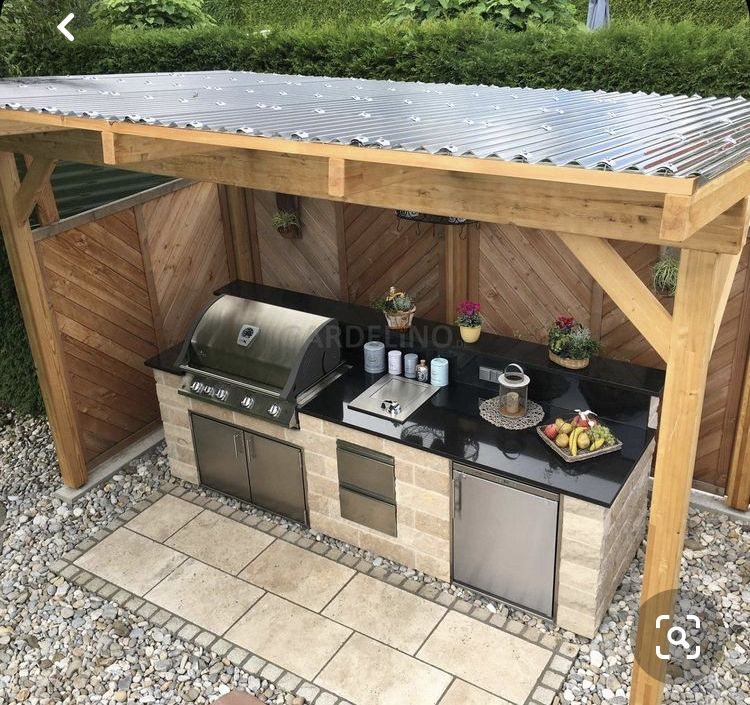
Start by soaking the grates in warm, soapy water for 10–15 minutes. Use a grill brick or coarse brush—not wire brushes, which may leave sharp bristles.
After scrubbing, rinse the grates with clean water. Then dry them right away. Don’t let them air dry. Rust starts fast on cast iron.
Avoid dishwasher use. Even though it seems easy, dishwashers can damage coating or weaken the metal. Always go manual.
If the grates have rust or sticky spots, scrub them again. Be gentle but thorough. Once clean, store them somewhere dry until you’re ready to season.
Why season a grill before first use?
A new grill isn’t ready out of the box. Unseasoned grates can stick, rust, or smoke badly during cooking.
Seasoning grill grates creates a non-stick surface, blocks rust, and burns off remaining residue before your first meal.
Take a dry cloth and coat the grates with a thin layer of high-smoke oil. Canola and vegetable oil work best. Avoid butter or olive oil—they burn too fast.
Once coated, place the grates back on the grill. Turn the burners on high or light the charcoal. Let the grill heat up until the oil stops smoking—about 15 to 20 minutes.
The heat will bond the oil to the metal. This forms a protective layer. It also makes future cleaning easier.
Repeat seasoning every few uses, especially at the start. Over time, a deep black finish forms. That’s your natural non-stick surface.
How hot should a grill be before cooking?
Grilling on cold grates leads to stuck food and uneven cook. Preheating is key to better flavor and safe meals.
A grill should reach at least 400°F before you place any food, to create clean grill marks and avoid sticking.
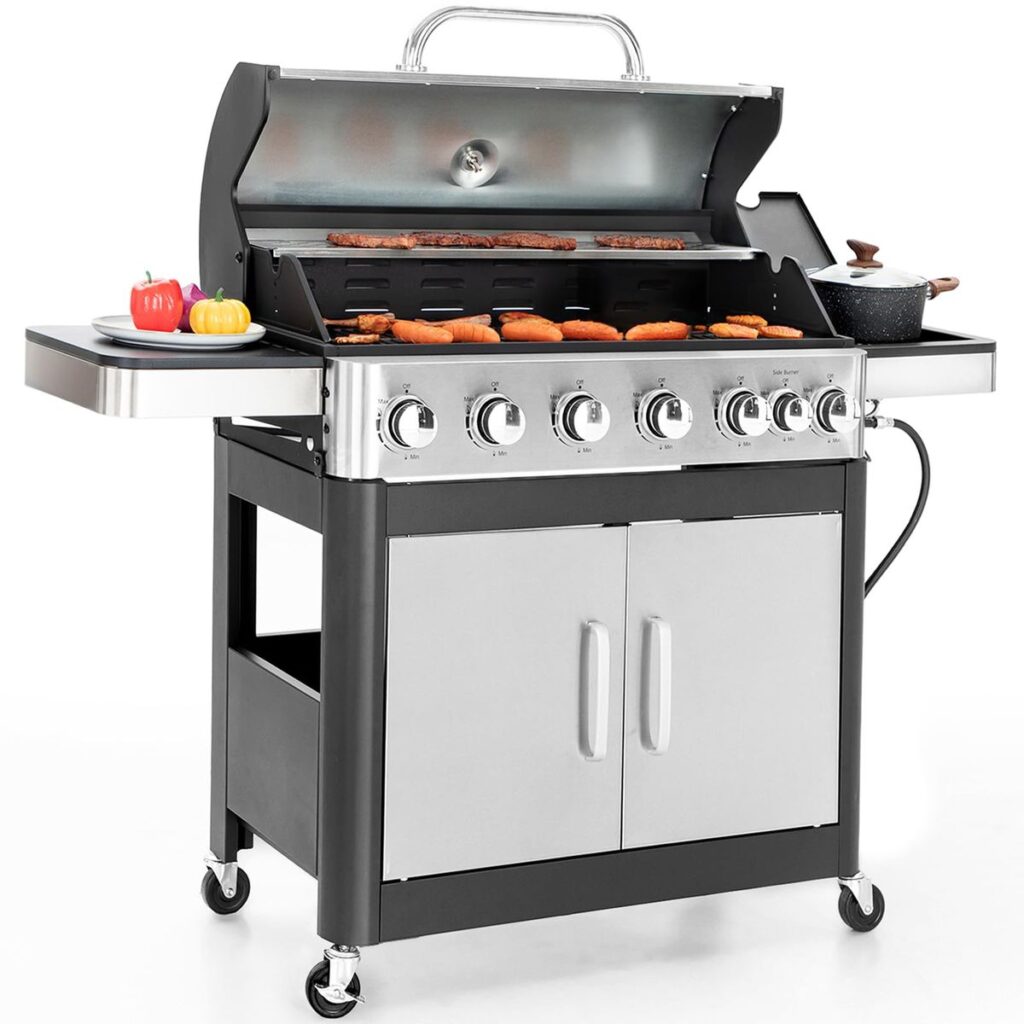
Gas grills heat faster—give them 10–15 minutes. Charcoal grills need about 20–25 minutes from lighting.
Use the built-in thermometer if your grill has one. Otherwise, hold your hand five inches above the grate. If you can hold it for 4–5 seconds, it’s around 400°F.
Preheating also burns off leftover grease. Do this even if the grill was cleaned. It resets the surface and sterilizes it before you cook again.
Never place food on cold grates. You’ll lose flavor, texture, and waste time.
Should I burn off a new grill first?
Yes, always. That new grill smell? It’s chemicals, oils, and shipping dust. You don’t want that in your steak.
Burning off a grill at high heat removes factory residue, coating oils, and metal dust from production.
Light your grill and set it to high. Let it run for 20 to 30 minutes with the lid closed. You may see smoke—this is normal.
Don’t leave the grill unattended during this. Check that flames are steady and that nothing smells overly sharp or rubbery.
Once the grill cools, inspect the grates. If needed, scrub again and re-season. After the burn-off, your grill is ready for real cooking.
This step is especially vital for gas grills. Burners and diffusers may have packing residue that affects performance.
How do I check my grill for gas leaks?
Gas leaks are rare but serious. They can cause flare-ups or fires. Check your connections every season—or before first use.
A soap test reveals gas leaks easily: bubbles form if propane or gas escapes around valves or lines.
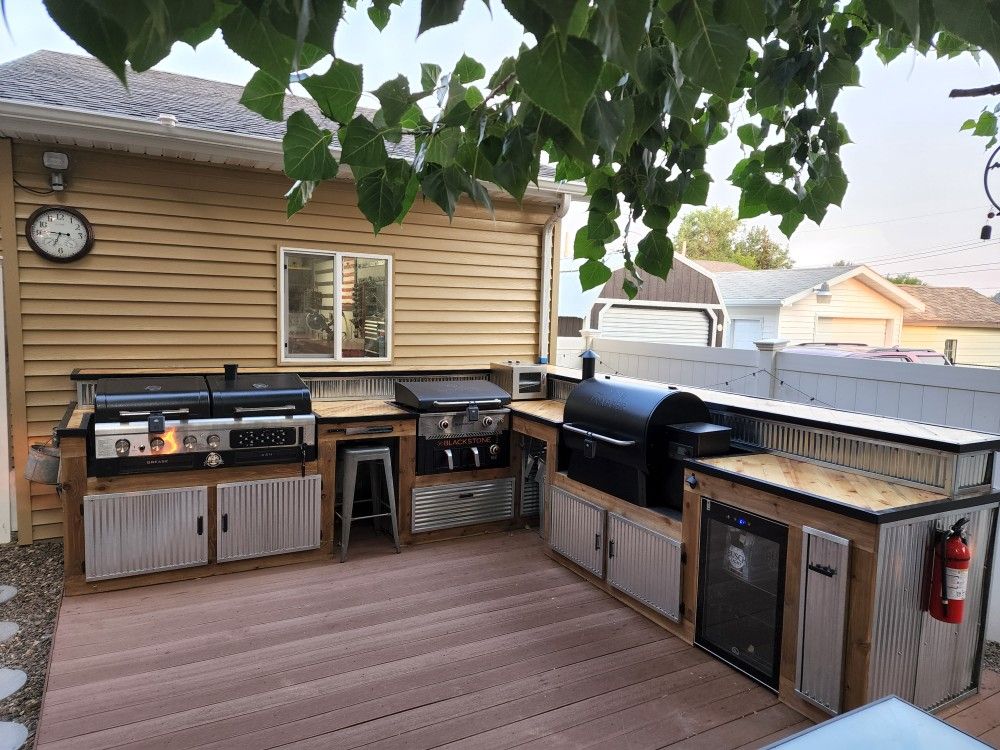
Mix a solution of dish soap and water. Brush it over the gas line connections—especially near the tank valve and hose ends.
Turn on the gas. Do not light the grill yet.
Watch for bubbles. If they appear, turn off the gas and tighten the fittings. Repeat the test. If bubbles return, replace the hose or consult a technician.
Never skip this. Even small leaks waste fuel and pose danger. Always close the tank valve fully when not in use.
FAQs
Do I need to season stainless steel grates?
No, but it helps. Stainless grates don’t need it like cast iron does, but oil can still make cleanup easier.
Can I use olive oil to season a grill?
No. Olive oil has a low smoke point and burns quickly. Use canola or vegetable oil instead.
Should I clean my grill after every use?
Yes. Brush the grates after cooking to remove residue. It prevents rust and keeps flavor pure.
Is it safe to grill without preheating?
Not really. Food will stick, cook unevenly, and risk undercooking. Always preheat.
What happens if I skip grill burn-off?
You might taste metal or chemicals. Skipping burn-off can also cause sticky residue and odd smells.
Can I use foil on the grates for the first cook?
It’s not advised. Foil blocks airflow and heat distribution. Use seasoned grates instead.
Do I need a fire extinguisher near my grill?
Yes. Keep a Class B or multipurpose extinguisher nearby, just in case.
What oil should I use to season the grill?
Canola, vegetable, or grapeseed oil are best. They handle high heat and bond well.
